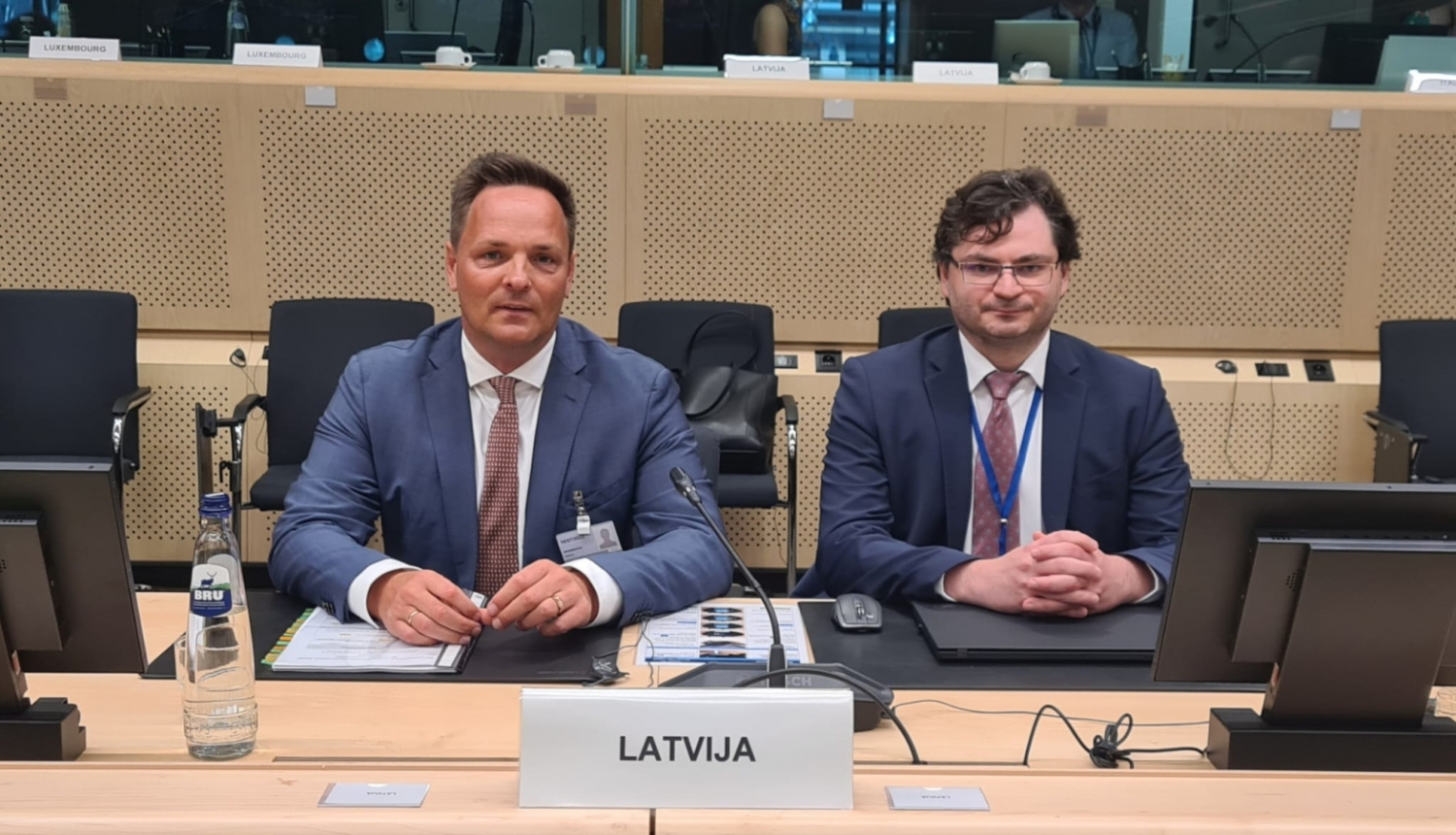On Monday, 18 July, in Brussels, the European Union (EU) Council of Ministers for Agriculture and Fisheries held discussions on the proposal for a regulation on sustainable use of the new plant protection products (AAL), with which the European Commission (EC) planned a reduction in the use of AAL in the Member States of not less than 50 per cent. Latvia and 18 other EU Member States were critical of this EC proposal, stating that they could not agree with such an EC target.
In general, Latvia supports the need to seek solutions for sustainable use of AAL at EU level. However, the EC has come up with a proposal to reduce cardinally the use of AAL, which will significantly reduce agricultural yields. This is not far-sighted in the context of the Russian war in Ukraine, which has created turmoil in global food supply, and food sufficiency is a strategic long-term priority. Latvia must be able to provide its inhabitants with quality food grown in Latvia.
Despite the fact that we use a small amount of AAL per hectare in Latvia, the EC proposal foresees the reduction in usage of up to 50 per cent. Therefore, Raivis Kronbergs, the State Secretary of the Ministry of Agriculture, who participated in the meeting of the EU Council of Ministers for Agriculture and Fisheries, said: "It is important that farmers in all the Member States have equal opportunities to produce quality products. In Latvia's view, the reduction should mainly be carried out by those Member States where the level of use of plant protection products per hectare is higher than the EU average."
It is important to note that currently effective alternatives to plant protection products are not available. This will make it difficult to achieve targets, affect the size and quality of harvests and contribute to the proliferation of harmful organisms. Unfortunately, the EC has not properly assessed the above aspects in its impact assessment. But it should be borne in mind that farmers will need clarity on the economic impact and the prospects offered. Latvia should carry out a national impact assessment for future negotiations.
In the light of the situation in Ukraine and developments on the food market, EU Member States discussed ensuring this year's crop yield in EU and globally. The forecasts for cereal production in Latvia are good at the moment, but the heavy rainfall in recent weeks is a concern about its size and quality.
During the discussion, EU Member States repeatedly called on the Commission to urgently come forward with proposals for certain derogations from EU environmental and climate requirements for 2023 in order to inform farmers about food security in time.



